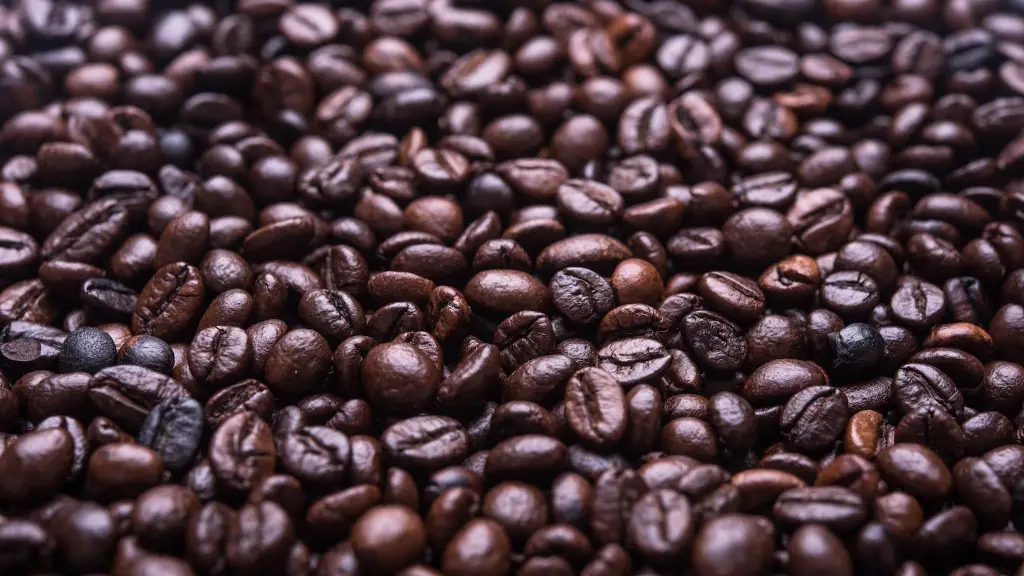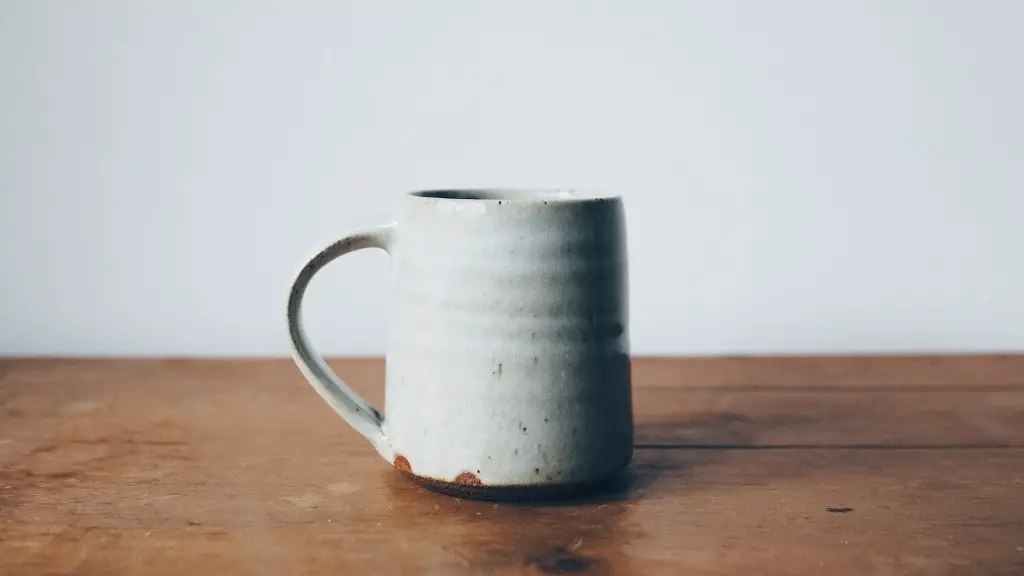Advantages of Coffee on an Empty Stomach
Many people have adopted the habit of drinking coffee with no meal first thing in the morning, often called ‘coffee on an empty stomach’. Advocates for this practice tout the benefits, claiming coffee as an energizer which helps get your day started right.
Drinking coffee on an empty stomach can also provide you with increased mental alertness and focus. Caffeine is a natural stimulant that helps the body and mind to stay awake and alert. It has been known to block the effect of adenosine, the sleep-promoting neurotransmitter and is an effective way to jump-start your day.
Coffee, when separated from its effects on energy and alertness, has been seen to have antioxidant properties that may be unlocked when consumed on an empty stomach. When not competing with breakfast foods for absorption, drinking coffee may allow for higher levels of free radical-fighting antioxidants to be absorbed into the bloodstream.
Risks of Drinking Coffee on an Empty Stomach
Though it is known to be beneficial, there are certain risks associated with drinking coffee on an empty stomach that should be noted. Because coffee is a potent stimulant to the body and mind, consuming it without any food or nutrients can cause the body and mind to become over-stimulated, leading to feelings of restlessness, anxiety, and possibly even insomnia in some people.
Drinking coffee without food can also adversely affect healthy bacteria in the gut. Coffee can increase cortisol levels which disrupts the functioning of the gut microbiome and also alters glucose metabolism, increasing the risk of diabetes.
The high acid content of coffee can irritate sensitive stomachs, leading to stomach aches and other gastrointestinal issues. Over time, this can lead to further ulceration of the gastrointestinal tract and worsen the condition of existing ulcers. Therefore, people with a predisposition to develop ulcers should be cautious of drinking coffee on an empty stomach.
Alternatives to Coffee on an Empty Stomach
Consuming caffeine in any form on an empty stomach does not come with a bundle of health benefits and should be restricted as much as possible. Therefore, for those who rely on coffee to start their day, a cup of decaffeinated or herbal tea may be considered as a healthier alternative.
Such alternatives generally possess a lower caffeine content, along with an abundance of antioxidants, but without the risk of acids or the adverse effects on the health of the gut bacteria and metabolism.
There are other beverages that can provide the same alertness and mental clarity, such as Matcha, Yerba Mate, or a cup of rosemary lemonade without the risks associated with coffee on an empty stomach.
Conclusion
While drinking coffee on an empty stomach is an attractive way to get your day started, it should be done with caution. While coffee does possess energizing effects, one should consider the variety of health risks linked to drinking coffee on an empty stomach, such as an increased risk for ulcers and disruption of gut bacteria. Therefore, one should consider alternatives to coffee as a way to find energy and focus in the morning.
Effects of Caffeine on Mental and Physical Performance
Caffeine has been found to have a positive impact on mental and physical performance due to its role as a stimulant that helps block adenosine receptors, meaning the body and mind will be more alert and able to respond quicker to a given task.
At the same time, caffeine has been found to increase the number of neurotransmitters in the brain, leading to a better memory recall. Furthermore, it has been suggested that caffeine creates a quicker reaction time, enabling people to control complex movements and reflexes quickly.
In terms of physical performance, caffeine has been found to improve aerobic endurance. Studies investigating the effects of caffeine on athletes have found that those consuming caffeine before their training or competition had a significant improvement in performance when compared to their performance when not taking caffeine.
Though beyond a certain point, the effects of caffeine begin to plateau and its beneficial effects begin to decrease. It is recommended that one consumes caffeine within the range of 2-6 milligrams of caffeine per kilogram of bodyweight. Beyond this threshold, the risk of adverse effects outweigh any benefits.
Long-term Use of Caffeine
Long-term use of caffeine has been known to cause digestive problems or a caffeine dependency, causing tolerance to build over time. Tolerance appears to affect an individual’s ability to concentrate, and can potentially lead to dependency. Therefore, if one is planning on using caffeine long-term, they should take steps to ensure they do not become dependent on the substance.
Long-term use of caffeine is also known to have implications on the reproductive system. Studies have linked excessive intake of caffeine to infertility, miscarriage, and lower birth weights. For this reason, it is not recommended to consume more than the recommended consumption of caffeine in any given day.
A Word of Caution
Caffeine consumption in any form should always be done with care as it is a potent stimulant that can have detrimental effects on health and wellbeing if not used properly. Moderation is key when it comes to caffeine, as long-term use of excessive amounts can cause dependency, insomnia and decreased physical performance.
People with a predisposition to develop ulcers should especially be cautious of drinking coffee on an empty stomach, and those who rely on caffeine to start their day should consider alternatives such as herbal tea or other low-to-mild caffeinated beverages.
Healthy Habits for Caffeine Consumption
There are different ways one can maintain healthy habits for caffeine consumption. Firstly, one should not drink coffee during pro-longed periods of fasting, and it is highly recommended one always drinks coffee with food. Secondly, one should consider reducing their daily caffeine intake, as going beyond the recommended amount of caffeine in a single day can have adverse effects.
The use of caffeine should also be monitored closely and one should also be mindful of withdrawal symptoms that may occur when reducing one’s caffeine intake, such as headaches and irritability. Lastly, one should ensure they consume plenty of fluids, as caffeine is a diuretic meaning that it causes dehydration.





